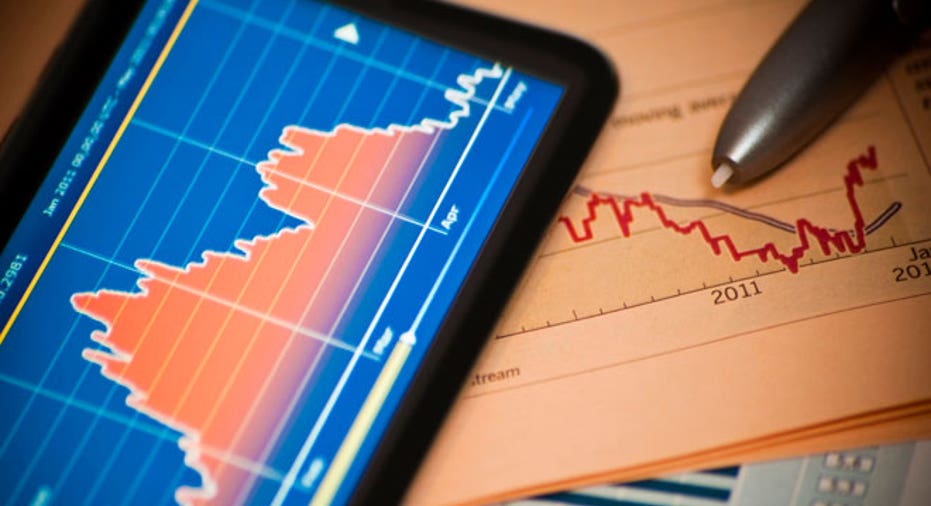How to Buckle Up and Ride This Stock Market

Wall Street is in the midst of some of the biggest stock swings since 2011. With the Dow Jones Industrials down another 470 points on Tuesday, following last week’s mid-day drop of 1,089 points, it looks like this roller coaster ride is far from over. Baby Boomers close to or in retirement may not necessarily want to take that ride. Losing a big chunk of your retirement savings in the stock market can be devastating to your financial future.
According to a recent study by Fidelity Investments 35% of baby boomers between the ages of 51 and 69 are overexposed to stocks and 10% actually have 100% of their 401K assets in stocks.
“The current market conditions no doubt have some investors biting their fingernails,” says Craig Brimhall, Vice President of Wealth Strategies for Ameriprise Financial. Brimhall offered the following tips for Boomers concerned about the recent volatility in the market.
Boomer: Do Baby Boomers need to react to the recent swings in the market or just ride them out?
Brimhall: When the markets take a dramatic shift, it definitely creates a lot of buzz. Your next move really depends on what stage of life you are in and how close you are to retirement If you are a young Boomer who still has a few years to go before transitioning into retirement, it’s probably best to hang tight for the time being, at least until the storm passes through. However, if you’ve already retired or feel somewhat uncomfortable with the recent squalls, you may want to formulate a plan on how to pare back your holdings or take profits. This is usually best done during rallies, or the good years, versus in the midst of a big selloff.
No matter which course you decide is best for your investments, it’s usually not a good idea to try to ‘time’ the markets. The reality is that it’s a gamble and while you may get lucky a few times, it’s not likely to pay off in the long run.
Boomer: Are Boomers well positioned with diversified portfolios or (are) they mostly in stocks?
Brimhall: It’s always a good rule of thumb to stay with a well-diversified portfolio, even if you prefer to add weight toward one particular asset class. Many retirees will agree that they are more likely to accept the possibility of a lesser return, in exchange for the ability to sleep better at night because they don’t have to worry about volatility in their holdings.
Boomer: What do Boomers need to do to protect their “nest egg?”
Brimhall: It is absolutely necessary for Boomers to know how to bucket their money depending on when the money is needed. For example, long-term money can be kept in equities since you won’t need to spend it for many years, while shorter-term money should probably be funded with cash assets or liquid and guaranteed investments. It’s also important to understand when you should move your money. Timing should be based on your goals and not what the market is doing at the moment. If you need funds and the market is roaring along nicely, it could be time to move some of the money into a shorter position. If a big sell off occurs and you haven’t taken some of the risk off the table, you could feel some regret.
Consider taking advantage of risk management tools available for portfolios such as alternative investments or even price alerts which will trigger the sale of a stock based on a predetermined price. Working with a financial professional would be really beneficial. They can help you navigate those tools while taking some of the emotion out of the outside factors that might impact your decision making.
Boomer: How can Baby Boomers best prepare themselves for these waves of volatility in the stock market?
Brimhall: It all comes down to your mindset. If there is volatility, and you know the risk level of your portfolio, then these intervals of market ‘correction’ shouldn’t really make a big difference.
Like many things, preparation is 90% of the battle. Understand what your risk level is and make decisions before there are big swings or market corrections. Know how much pain is too much ahead of time, and that will help you make much better decisions if you are ever faced with strong market volatility.”
Boomer: Have you had many worried clients calling you regarding this recent stock market dive?
Brimhall: A shake up in the markets will almost always spur some chatter, but most clients we work with understand that the yo-yo effect of stocks, especially in this case, is not always cause for concern. Working with a financial advisor can help you gain financial confidence so you aren't rattled when the markets are unstable.



















